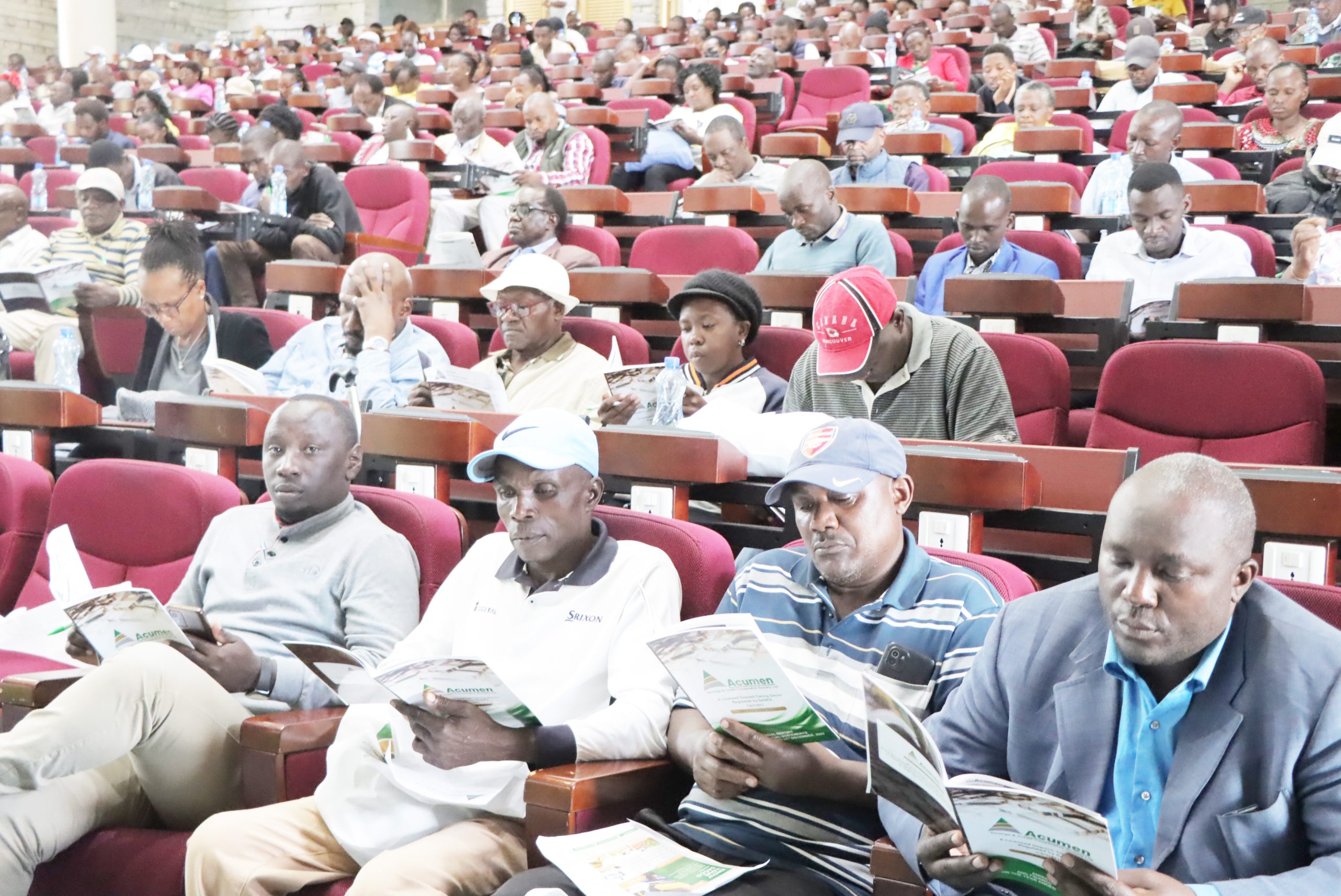Kenya is reputed to have the most vibrant cooperative sector in Africa.
Financial cooperatives have grown exponentially necessitating the enactment of the sector-specific Sacco Societies Act, 2008, to regulate them.
It is believed some Saccos have mobilised more deposits compared to some licenced commercial banks operating in the country.
But what then ails this critical sector of the economy?
According to a survey carried out a few years ago by Fintech, only 11 per cent of Kenyans had confidence in Saccos!
This implies the Saccos are built on quicks and hence the need for urgent review of the existing monitoring mechanisms.
Saccos in the country are subject to oversight by various organs including Audit Committees, Supervisory boards, Ministry, SASRA and EACC’s Anti-fraud Unit domiciled at SASRA.
Regrettably, inspite of the above diverse checks, cooperatives and Saccos continue to be highly vulnerable to manipulation by those entrusted with their leadership.
It is, therefore, absolutely necessary to review the manner in which oversight of the various cooperatives is done, right from the primary, tertiary upto the apex level of the pyramidal structure.
Plato said, “Necessity is The Mother of Invention” and therefore in order for the sector to restore members dwindling confidence, some drastic measures need to be taken sooner rather than later!
We can no longer do business as usual!
The cooperative sector should create an independent Review Team comprising reputable professional from the private sector to carry out routine reviews of all types of Cooperatives in the country.
Since familiarity breeds contempt, it would appear certain category of cooperatives rarely hold grassroot elections contrary to their registered bylaws.
So, the only way to deal with those ‘sacred cows’, for lack of a better word, is to bring on board a team of independent professionals to routinely review the performance of all registered cooperatives in the country without exception.
Such a team could go by the name, “Independent Cooperative Technical Review Committee (ICTRC)” whose reports can be compared with the statutory ones at the close of the financial year.
READ ALSO:
That way, the Cooperatives sector will be replicating what the Central Bank of Kenya (CBK) does routinely to all licenced commercial banks in the country in its oversight capacity.
The CBK’s reviews are independent of the internal ones done by the respective Commercial banks.
Additionally, the sector should seriously reconsider appointing Independent Directors to mentor elected leaders as well as keep them in check to ensure whatever decisions they make are in the best interest of ordinary members.
Since the process of amending the current Cooperative Societies Act is underway, these could be some of the amendments to be introduced in our new laws.
Further, the tenure of office for elected officials should also be anchored in the Bill and not in the Regulations since it is harder to amend an Act unlike Regulations which fall under the purview of a Cabinet Secretary who may exercise his delegated authority and vary them at will anytime.
It is in public domain that one Cabinet Minister unilaterally lifted the 2-term limit for elected officials in the past thereby allowing them to serve indefinitely contrary to the spirit of the 2010 constitution and best corporate practices.
That is indeed a contributory factor to the morass the sector finds itself in today!
We can’t therefore be doing business the same way and expect different outcomes.
As the old adage goes, “once beaten twice shy”!
Food for thought!
By our reporter
Get more stories from our website: Sacco Review.
For comments and clarifications, write to: Saccoreview@
Kindly follow us via our social media pages on Facebook: Sacco Review Newspaper for timely updates
Stay ahead of the pack! Grab the latest Sacco Review newspaper!



